To walk abroad is, not with eyes,
But thoughts, the fields to see and prize;
Else may the silent feet,
Like logs of wood,
Move up and down, and see no good
Nor joy nor glory meet.
Ev’n carts and wheels their place do change,
But cannot see, though very strange
The glory that is by;
Dead puppets may
Move in the bright and glorious day,
Yet not behold the sky.
And are not men than they more blind,
Who having eyes yet never find
The bliss in which they move;
Like statues dead
They up and down are carried
Yet never see nor love.
To walk is by a thought to go;
To move in spirit to and fro;
To mind the good we see;
To taste the sweet;
Observing all the things we meet
How choice and rich they be.
To note the beauty of the day,
And golden fields of corn survey;
Admire each pretty flow’r
With its sweet smell;
To praise their Maker, and to tell
The marks of his great pow’r.
To fly abroad like active bees,
Among the hedges and the trees,
To cull the dew that lies
On ev’ry blade,
From ev’ry blossom; till we lade
Our minds, as they their thighs.
Observe those rich and glorious things,
The rivers, meadows, woods, and springs,
The fructifying sun;
To note from far
The rising of each twinkling star
For us his race to run.
A little child these well perceives,
Who, tumbling in green grass and leaves,
May rich as kings be thought,
But there’s a sight
Which perfect manhood may delight,
To which we shall be brought.
While in those pleasant paths we talk,
’Tis that tow’rds which at last we walk;
For we may by degrees
Wisely proceed
Pleasures of love and praise to heed,
From viewing herbs and trees.


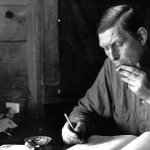






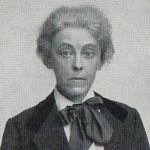


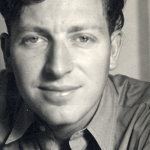
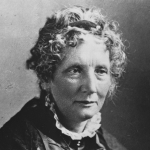

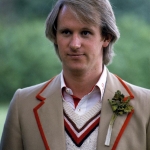

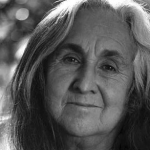
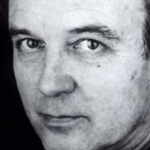
Comment form: